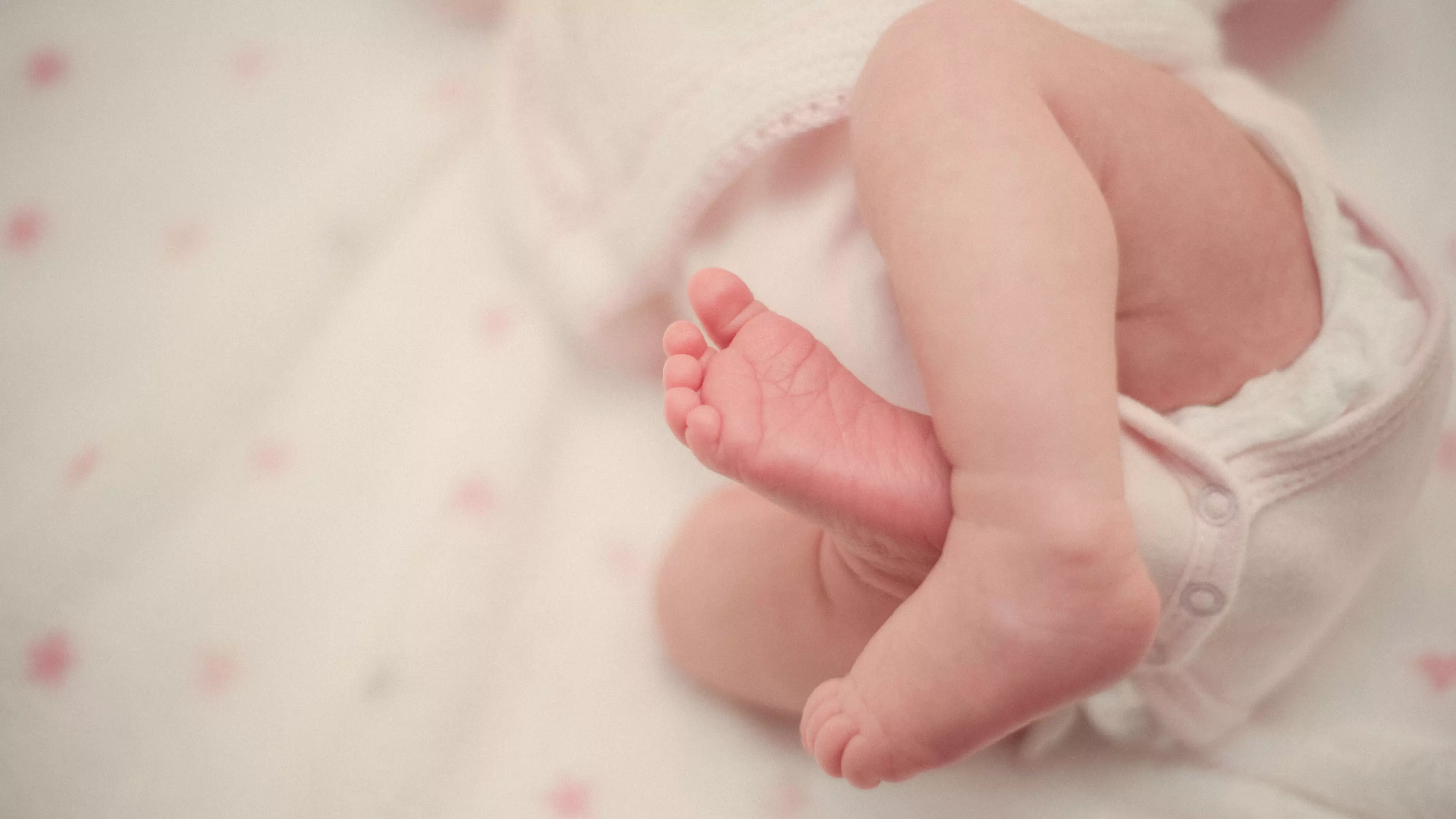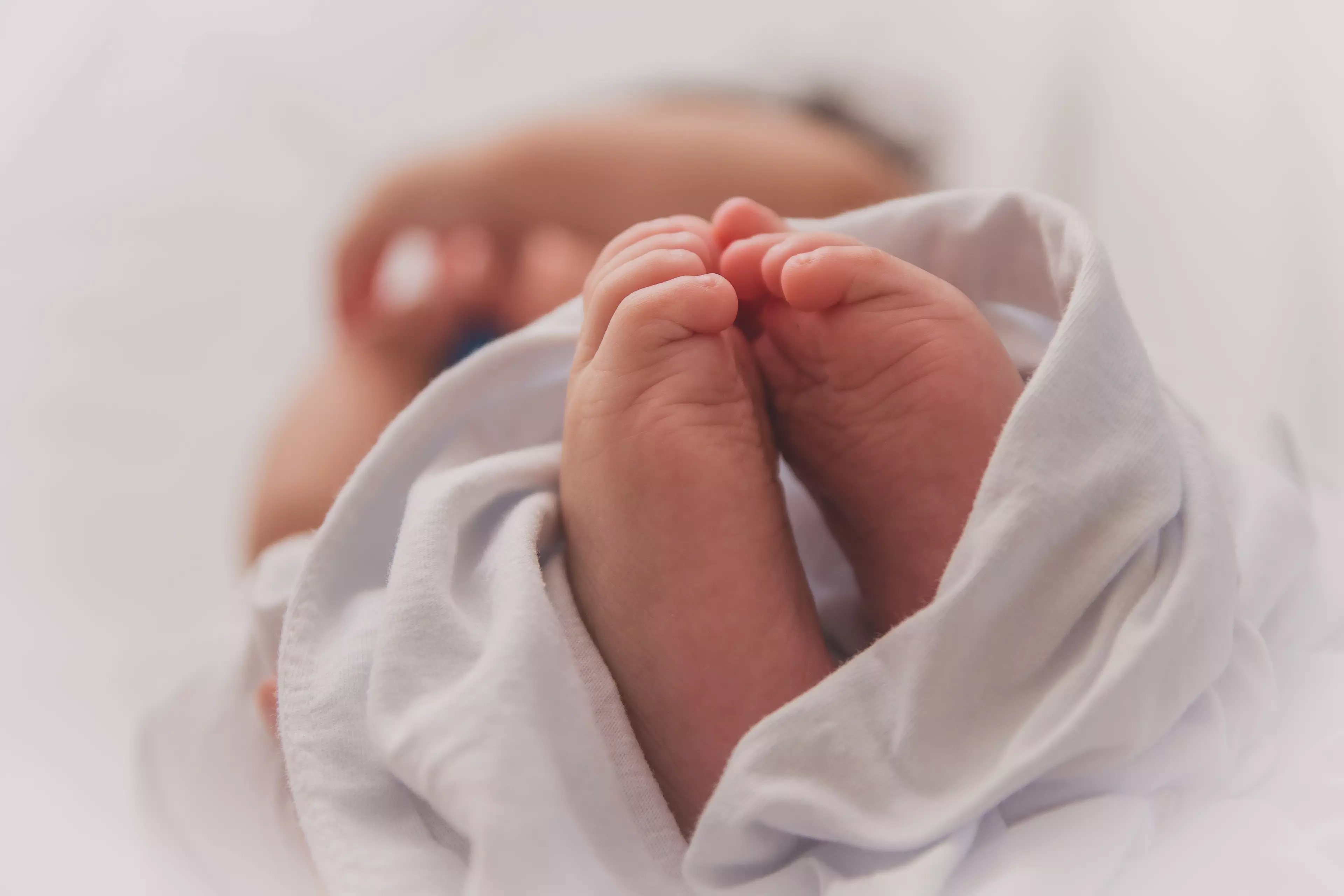
A new study has found that IVF treatments are at an all-time high in the UK, and it's all to do with more same-sex couples, single women and surrogates undergoing the treatment.
The report by the Human Fertilisation and Embryology Authority (HFEA) found that in 2017, the latest year for which figures are available, more than 54,000 patients underwent around 75,000 fertility treatments, a 2.5 per cent increase on 2016.
The study found that while patients in heterosexual relationships still account for the majority of IVF treatments (91 per cent), these only saw a two per cent increase from 2016 to 2017.
Advert
However the outlook was far different for the increase in treatments for female same-sex couples, which rose by 12 per cent from 2016 to 4,463 treatment cycles in 2017.

Similarly, single women undergoing IVF rose by 4 per cent to 2,279 cycles, and treatments for surrogates rose by 22 per cent to 302 cycles within the year.
Chair of HFEA, Sally Cheshire CBE, said: "We are seeing a gradual change in the reasons why people use fertility treatments, which were originally developed to help heterosexual couples with infertility problems.
Advert
"While the increases in same-sex couples, single women and surrogates having fertility treatment are small, this reflects society's changing attitudes towards family creation, lifestyles and relationships and highlights the need for the sector to continue to evolve and adapt."
The study also found that the procedure is becoming more successful than ever with the average birth rate for women of all ages using their own eggs reaching 22 per cent. The biggest successes come from women under 35 who are using their own eggs, with 30 per cent birth rates for a fresh embryo cycle and 27 per cent for a frozen embryo cycle.
The study also found that the biggest health risk of IVF, multiple births, is at a decline with just 10 per cent of patients having twins compared to 24 per cent in 2008.
If anything, this news shows that society's perception of what makes a 'normal' family is changing, with more people feeling they deserve to have children more than ever.
Featured Image Credit: Unsplash/ Ignacio CampoTopics: Life News, health news, Real Life, Healthy